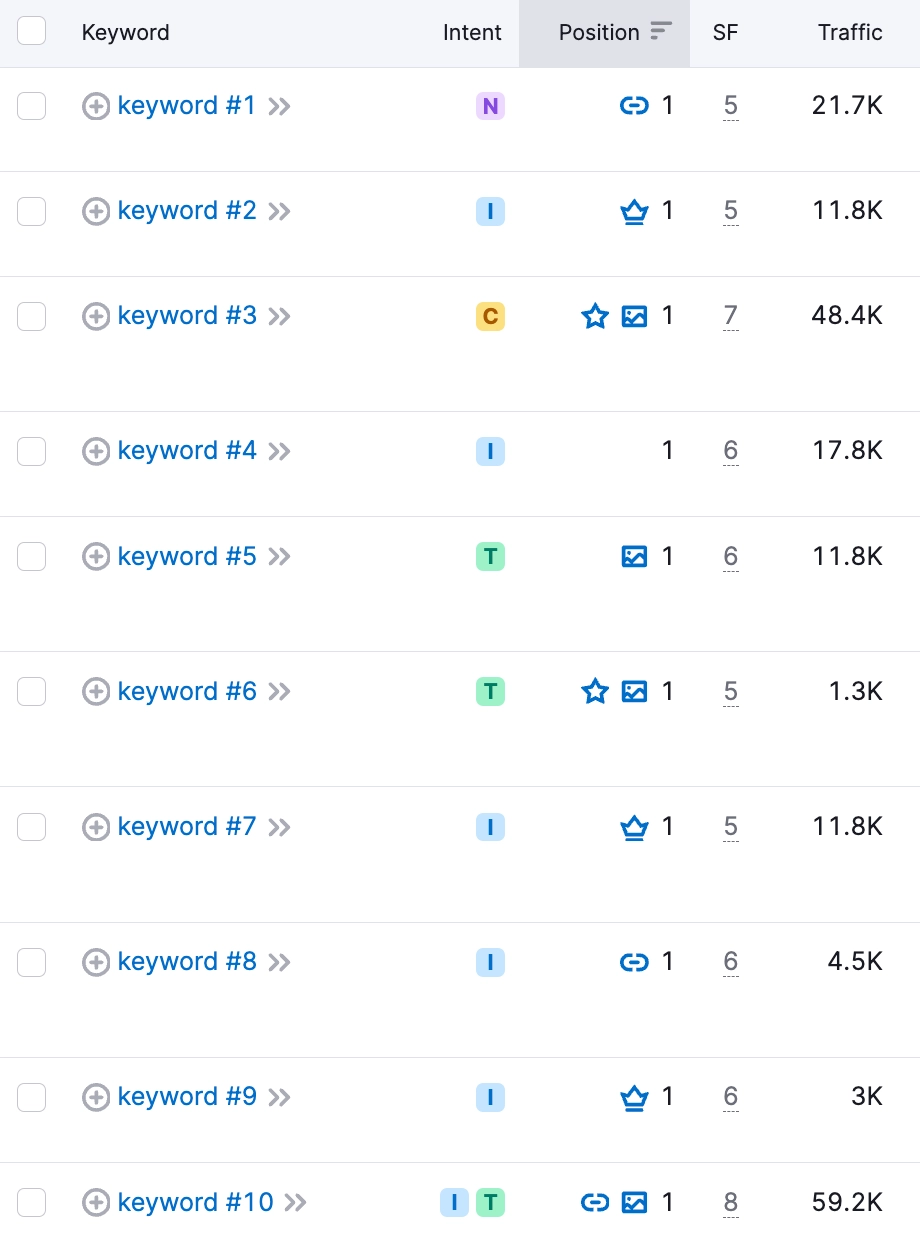In the fast-paced world of digital marketing, staying ahead of the competition requires not just creativity, but also technical prowess. One tool that has emerged as a game-changer in the SEO landscape is Python. This powerful programming language offers numerous capabilities that can significantly enhance your SEO strategies. If you’re ready to take your search rankings to the next level, here’s how Python can help you do just that.
Why Python for SEO?
Python boasts a robust ecosystem of libraries and frameworks that are particularly useful for SEO.
Here’s why Python should be part of your SEO toolkit:
1. Automation of Repetitive Tasks
SEO involves a lot of repetitive tasks—think of keyword research, data analysis, and website audits. Python can automate these mundane tasks, freeing up your time for more strategic activities. With libraries like BeautifulSoup and Scrapy, you can effortlessly scrape data from websites, while tools like Selenium can automate web browser interactions.
2. Data Analysis and Visualization
Understanding and interpreting data is crucial for effective SEO. Python’s data analysis libraries, such as Pandas and NumPy, allow you to manipulate large datasets with ease. Additionally, visualization libraries like Matplotlib and Seaborn help you create insightful charts and graphs, making data interpretation more intuitive.
3. Streamlined Reporting
Keeping track of your SEO performance is essential, but it can be time-consuming to compile reports manually. Python can automate the generation of SEO reports, integrating data from various sources like Google Analytics and Search Console. This ensures you have up-to-date insights at your fingertips without the manual hassle.

How to Use Python for SEO
Now that we’ve covered the why, let’s dive into the how. Here are some practical applications of Python that can supercharge your SEO efforts:
1. Web Scraping for Data Collection
One of the most common uses of Python in SEO is web scraping, which involves extracting data from websites. This data can include keywords, backlinks, meta tags, and content from competitor sites. Libraries such as BeautifulSoup and Scrapy make web scraping efficient and straightforward.
Example: Scraping Competitor Keywords
from bs4 import BeautifulSoup
import requests
def scrape_keywords(url):
page = requests.get(url)
soup = BeautifulSoup(page.content, 'html.parser')
keywords = soup.find('meta', attrs={'name': 'keywords'})
if keywords:
return keywords['content']
return None
competitor_url = 'https://www.example.com'
print(scrape_keywords(competitor_url))
2. Automating SEO Audits
Regular SEO audits are crucial for maintaining and improving your website’s performance. Python can automate these audits by checking various on-page elements such as title tags, meta descriptions, header tags, and broken links.
Example: Checking for Broken Links
import requests
def get_google_trends_data(keyword):
payload = {
'hl': 'en-US',
'tz': 360,
'req': {
'comparisonItem': [{'keyword': keyword, 'geo': '', 'time': 'today 12-m'}],
'category': 0,
'property': ''
},
'tz': 360
}
response = requests.get(f"https://trends.google.com/trends/api/explore?req={payload}")
return response.json()
keyword = 'python seo'
print(get_google_trends_data(keyword))
3. Keyword Research and Analysis
Keyword research is a fundamental aspect of SEO. Python can help you automate the process of gathering keyword data, analyzing search volume trends, and identifying keyword opportunities. You can use APIs from tools like Google Trends, Ahrefs, and SEMrush to fetch keyword data.
Example: Fetching Google Trends Data
import requests
def get_google_trends_data(keyword):
payload = {
'hl': 'en-US',
'tz': 360,
'req': {
'comparisonItem': [{'keyword': keyword, 'geo': '', 'time': 'today 12-m'}],
'category': 0,
'property': ''
},
'tz': 360
}
response = requests.get(f"https://trends.google.com/trends/api/explore?req={payload}")
return response.json()
keyword = 'python seo'
print(get_google_trends_data(keyword))
4. Analyzing Website Performance
Python can be used to analyze your website’s performance metrics, such as page load times, bounce rates, and traffic sources. By integrating with tools like Google Analytics, you can pull in data and generate custom reports to track your SEO progress.
Example: Analyzing Page Load Times
import requests
def analyze_page_load_time(url):
response = requests.get(url)
load_time = response.elapsed.total_seconds()
return load_time
website_url = 'https://www.example.com'
print(f"Page load time: {analyze_page_load_time(website_url)} seconds")
5. Content Optimization
Optimizing content for search engines involves more than just keyword stuffing. Python can help you analyze your content for readability, keyword density, and relevance. NLP (Natural Language Processing) libraries like spaCy can assist in understanding the context and sentiment of your content.
Example: Analyzing Keyword Density
from collections import Counter
import nltk
from nltk.corpus import stopwords
from nltk.tokenize import word_tokenize
nltk.download('punkt')
nltk.download('stopwords')
def analyze_keyword_density(text, keyword):
tokens = word_tokenize(text.lower())
tokens = [word for word in tokens if word.isalnum() and word not in stopwords.words('english')]
keyword_count = tokens.count(keyword.lower())
total_words = len(tokens)
keyword_density = (keyword_count / total_words) * 100
return keyword_density
content = "Python is great for SEO tasks. Python can automate many SEO tasks."
keyword = "python"
print(f"Keyword density for '{keyword}': {analyze_keyword_density(content, keyword):.2f}%")
6. Backlink Analysis
Backlinks are a critical factor in SEO. Python can help you collect and analyze backlink data to understand your link profile and identify opportunities for link building. Using APIs from tools like Ahrefs or Moz, you can gather data on your backlinks and those of your competitors.,;
Example: Fetching Backlink Data with Ahrefs API
import requests
def get_backlinks(domain, api_key):
url = f"https://apiv2.ahrefs.com?from=backlinks&target={domain}&mode=domain&token={api_key}"
response = requests.get(url)
return response.json()
domain = 'example.com'
api_key = 'your_ahrefs_api_key'
print(get_backlinks(domain, api_key))
Getting Started with Python for SEO
If you’re new to Python, don’t worry—it’s easier than you might think to get started. Here are a few steps to help you begin your Python for SEO journey:
- Learn the Basics: Start with a basic Python tutorial to understand the syntax and core concepts.
- Explore SEO Libraries: Familiarize yourself with SEO-related libraries like BeautifulSoup, Scrapy, and Pandas.
- Join the Community: Engage with the Python and SEO communities on forums like Reddit, Stack Overflow, and specialized SEO groups.
Integrating Python into your SEO strategy can significantly enhance your efficiency and effectiveness. From automating tedious tasks to gaining deeper insights through data analysis, Python opens up a world of possibilities for SEO professionals. So, whether you’re a seasoned marketer or just starting out, embracing Python can be your ticket to boosting your search rankings and staying ahead in the competitive digital landscape.
To fully leverage these benefits, consider enlisting the expertise of our seasoned SEO professionals. With our comprehensive approach, you’ll not only save time and resources but also gain a competitive edge in search engine rankings. Let us help you unlock the full potential of Python for your SEO efforts and drive your online success.




